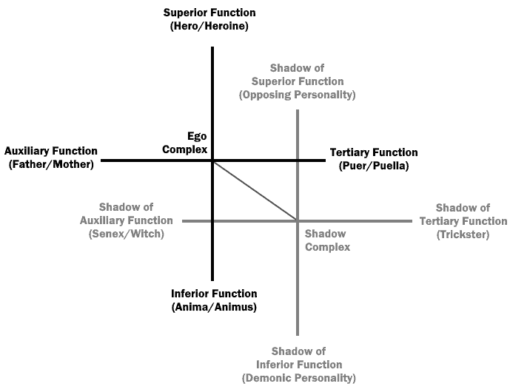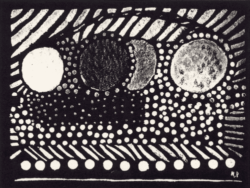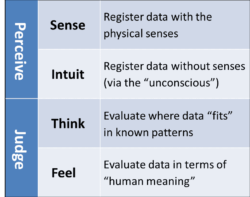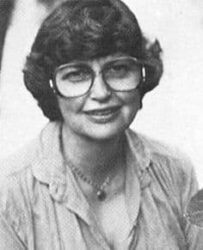Individuation, Adaptation, & Psychological Type (Rebroadcast)
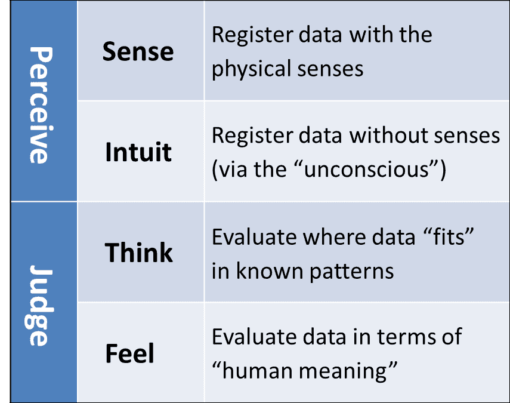
We are rebroadcasting this episode because it inexplicably disappeared from our iTunes feed.
The work of C.G. Jung offers thoughtful clinicians useful, practical insights into the emotional lives of clients. Yet much of his work remains unknown to many clinicians. The “Jung 101” series, which began with this lecture on September 18, 2015, introduces Jung’s key concepts. In this lecture, Boris Matthews will present Jung’s concept of individuation, explaining why it was so important to Jung and how it applies in today’s clinical setting.

PowerPoint: The slides for this talk are available HERE
Podcast: Play in new window | Download (34.8MB)
Also by Boris Matthews:
The Archetypal Weather Report and How to Deal with It
Related talks include:
The Path is the Goal: Walking the Way of Individuation
Individuation in Later Life and the Return of the Inner Child
Analysis and Individuation
A New Model of Psychological Types
© 2015 Boris Matthews. This podcast is licensed under a Creative Commons Attribution-NonCommercial-NoDerivatives 4.0 International License. You may share it, but please do not change it, sell it, or transcribe it.
Episode music is by Michael Chapman
Edited by Ben Law


